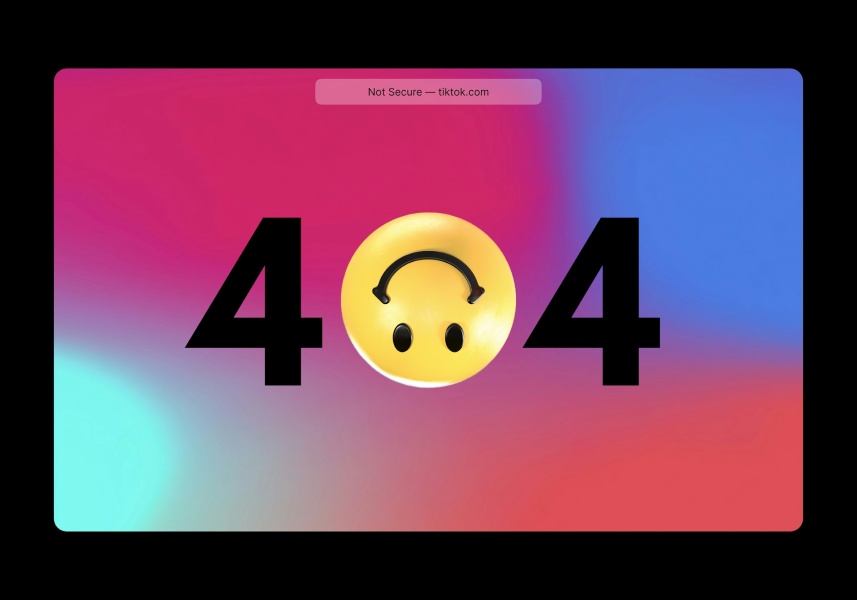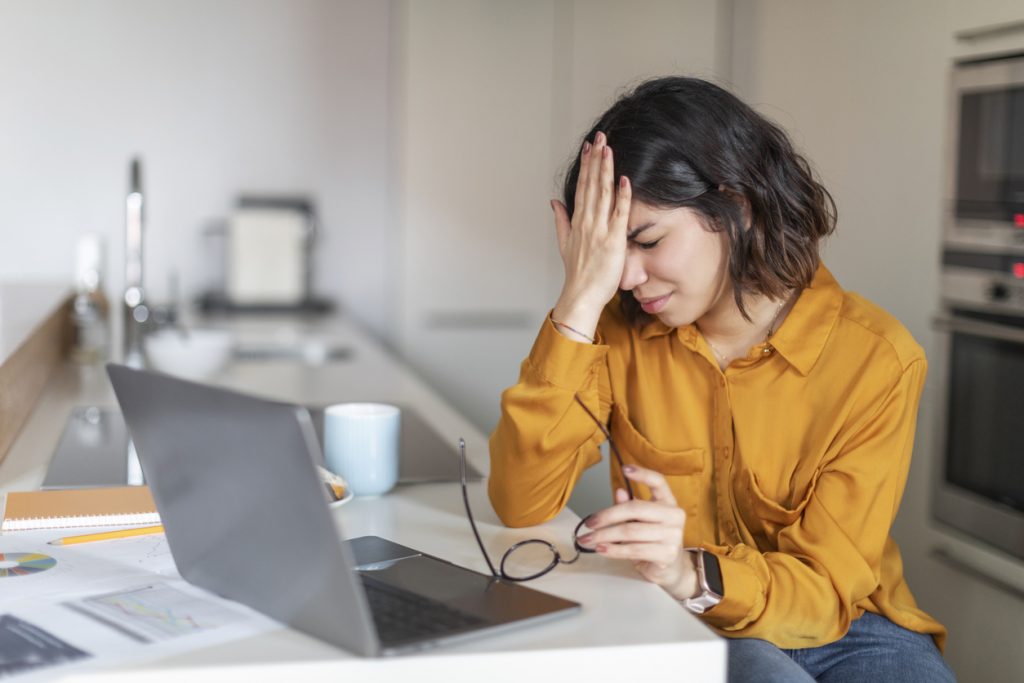- Digital marketing continues to grow as now over 90% of the US is online.
- If you think of the internet as a row of storefronts, SEO helps you get into prime locations.
- SEO can be more cost-effective than digital ads if you invest in it as a long-term strategy.
As digital marketplaces continue to be at the forefront of our economy, and shifting economic factors continue to change the way we look at advertising, it is important to take a step back and look at how your business is doing. There is a big difference between operating as a business that is just surviving and one that is actually thriving. Nobody starts their own enterprise with the goal of juggling creditors, developing an allergic reaction to hearing from the bank or struggling to pay staff. That’s not the dream you signed up for.
So how can things be different? What’s the long-term path to actual, comfortable success that you can afford? Well, when it comes to digital marketing, it’s search engine optimization (SEO). Each year, more and more shoppers are moving to order primarily online. The digital sphere can pretty much count as the whole sphere for lots of people, and that’s not changing any time soon.
Some important things to know about the current state of SEO:
- Over 90% of the US is online, which equates to more than 310 million people
- Google alone sees an average of about 3.5 billion searches a day
- 16% of all shopping in the US (worth over $600 billion) was online in 2019
- SEO leads have a close rate of nearly 15%, while outbound marketing is less than 2%
- Best of all, SEO can be 100% free
So, what’s the pitch? The stats look pretty, but what do they mean for your bottom line? Is good SEO really the long-term path to business success? Let’s take a look at five of the biggest reasons why it might just be.
Six reasons every struggling business needs SEO
1. Everyone’s online. SEO will let them see you.
It’s a basic point, but one that can’t be stressed enough. The average American spends 24 hours a week or over three hours a day online.
The internet is the new Main Street: it’s where people hang out and meet their friends, it’s where they window shop, and it’s absolutely where they go to get what they need in a hurry. 2020 might have been an anomaly for internet usage, but the continuous trend has been steady. Everyone’s online, and they’re spending more and more time there, too.
For virtually any business, that can be a challenge, but it’s also an opportunity. So, you’ve been struggling to get the walk-ins, or online ads have been just about breaking even in ROI? When we understand that a search engine results page is just like a row of stores, it becomes clear that the best position will mean more business.
And how do you get that prime location? SEO.
The world might have gone online, but the dynamics are still the same: if people want something, chances are they’ll go to get it in the first few places they see. You’re not going to go into 17 different hardware stores to buy a drill – you’ll check out two or three, presume that’s roughly what the price is, and go for it.
It’s the same online. The top three results have a 54.4% click-through rate, with the vast majority of people never going past page 1. The trick is getting up there.
2. SEO lets small businesses compete with the big guns.
Say you’re a small pizza restaurant. You make a great homemade product, and everyone loves the cozy neighborhood feel of the place. But footfall and deliveries have been static for a couple of years while overhead has gone up.
Advertising is the obvious way to boost revenue, but can you really hope to compete with the big chains that also exist within a 10-mile radius? Online, for example, there are only three spaces at the top of Google’s search engine results page for ads, but Pizza Adobe, Papa Joe’s and Checker’s Pizza – all national franchises – just gobble up that ad market, and there’s no way you can compete.
Where you can compete, however, is with local SEO. You’re specific to your area, while most of those outlets can’t or don’t have individual local pages. That means that when a user searches for something in your local area, after the ads, Google points them to something in the vicinity. If you’ve got your local SEO on point, that’s going to be you.
3. You’re spending time on building a site that no one gets to see.
An astonishing internet fact is that 97% of web pages never get an organic search click. That means they just sit there, unvisited and unloved, talking into the void where no one will ever hear them. This is like getting a local artist to come up with an awesome new sign for your premises, then putting it over the door that backs onto the alley with the dumpsters rather than your main entrance.
We’re sure you’ve got a great product and business proposition. You’ve put your heart and soul into a trade that’s your passion, so why not get that information in front of as many people as possible?
4. Price-wise, there’s no comparison between SEO and online advertising.
If there’s one thing any struggling business needs to consider, it’s cashflow. Every dollar can be an investment: in stock, marketing, a new paint job for the store. When looking for bang for your buck, there’s really no comparison between the returns from solid SEO and standard online ads.
With Google Ads, some industries – like garden and homeware – might be $2 per click, though this can rise to as much as $55 for the insurance industry. Compare this to writing 800 words yourself or even paying someone $100 to do it. With the ads, once your budget’s gone, the ad’s gone – so you better hope you made money from those clicks.
With a solid SEO-focused article, on the other hand, you’ve created an asset that’s always going to be there. With the right work, that article can be showing up for several keywords for the next five years or more, raking in hundreds or thousands of clicks. This means that one article costing $100 that gets just 1,000 clicks has a cost per click (CPC) of just $0.10, and it’s still out there “earning” money for you. Even better, if you chose the DIY option, your CPC is an accounts-friendly $0. It’s hard to get a better proposition than that.
While there’s definitely a place for online ads in any holistic digital marketing campaign, the long-term investment strategy that can turn a business that’s struggling month-to-month into one that’s comfortably taking off is SEO.
5. Search engines reward sincerity and knowledge.
Google makes big changes to its algorithms every few years and is constantly making tweaks to how it ranks websites.
That’s not just to annoy people whose job it is to promote websites – it’s actually at once altruistic and selfish. Google (and Bing and Yahoo) want people to find exactly what they’re looking for and have a nice time while doing it, as that means they’ll trust the search engine and use it again. So, since its foundation, Google has used the power of its algorithm to force website owners to create a better experience.
If your page has no info but just lots of links to it from elsewhere, that’s no good, so you’re punished. If your photos are too large and take too long to load, that gets punished as well. If your site is complicated and users can’t find their way around it, well, that gets punished. If you don’t give users what they’re looking for… you get the idea.
While this might seem like search engines are dealing out a lot of punishment, what it actually means is that if you decide to sit down and write a few hundred words on one of your favorite products in your business or how you do a certain task, Google will love that, as that’s what users want. They don’t want tricks and loopholes that make the experience worse – they want knowledgeable thought leaders who know what they’re talking about.
For small business owners who are passionate about what they do, that means that if you just talk about what you do best, you’ll actually be gaining serious SEO capital. Building a sustainable and successful long-term SEO strategy can be the key to upgrading your small business from surviving to thriving.
6. SEO increases your brand awareness
SEO can go beyond just improving online visibility. A strong SEO strategy can start to develop your small business as a thought leader for certain topics, generating organic brand awareness.
Having a high rank in search results increases your website’s visibility but also builds your trustworthiness. A top-ranking position is like an endorsement from Google, showing the trustworthy nature of your content. Consumers are looking for an answer to their questions and queries, it is Google’s job to put the most qualified answers in front of them.
If you can write useful content and establish strong SEO, Google will start using you, organically, to answer people’s questions. You might even get multiple featured snippets. This positioning can bring consumers to your side, boosting engagement, and driving conversions.
The way to achieve these rankings with SEO involves writing high-quality, relevant content that meets the interests and needs of your audience, not only building SEO outcomes but also establishing your small business as a thought leader. Strategic content creation positions your business competitively, enabling even small businesses to challenge larger competitors effectively. Over time, the benefits of your SEO strategy enhance your brand’s online authority, making it easier to rank for competitive keywords, attract backlinks, and increase organic traffic. This cycle repeats and elevates your brand’s appeal online.
Why you should start SEO
If you are looking to implement a holistic marketing strategy, SEO can be a pillar for achieving regular, cost-effective web traffic and enhancing brand visibility. If you have a product or service that you know people are looking for, but you don’t know how to get them to find it, SEO is a great place to start.
SEO can start connecting your offerings to the target audience actively searching for them, but it is able to do it in a way that can last and doesn’t go away when you click “end” on the advertising campaign. Unlike other advertising methods that require significant investment with costs that can escalate quickly, SEO focuses on organic growth, leveraging the organic search behavior of your potential customers to increase your visibility without the recurring expenses associated with paid advertising.
Conclusion
SEO enables struggling businesses to navigate the digital world more effectively. By investing in SEO, you can ensure that your products and services are not lost in the noise of the internet but are instead placed where an audience is already looking. If you are looking to grow your business, establish yourself as a thought leader, and do more than just get by as a small business, SEO is a great place to start.
At Redefine, we love SEO and can’t stop talking about it – so dropping us a line to ask your SEO questions would be like doing us a service. Any time you are interested in talking about SEO or any other aspect of digital marketing, just let us know – we genuinely love to hear from you.





